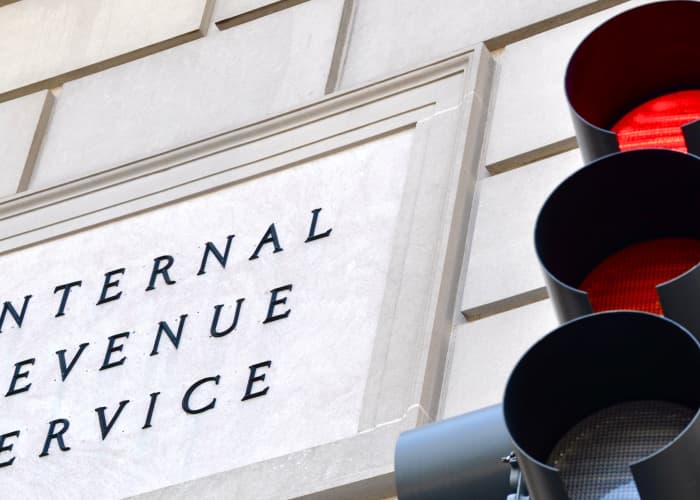Tesla price cut sees customers storm stores to demand compensation—and a rival BYD employee may have led the charge
Elon Musk’s gambit to slash Tesla prices in China may have partly backfired as angry owners protested the instant loss of value of their new vehicles over the weekend.
Feeling the heat from local rival BYD, Tesla lowered the entry point for its two main model lines on Friday to lure customers back into showrooms and build up its depleted order book.
The move worked, but not entirely for the reason desired.
A mob of angry Tesla customers reportedly showed up at several Tesla showrooms across the country demanding some form of compensation for buying a new car at the older, higher prices.
One protest even appears to have at least in part been organized by none other than an employee from Tesla’s biggest competitor.
A man identifying himself on Chinese social media site Weibo as "Wang Xingguang" acknowledged he had participated in a protest at the Tesla dealership in Xi’an, Shaanxi province. He claimed he was there strictly in a personal capacity, not as an employee of BYD.
Whether credible or not, his confession only encouraged further gloating in the Tesla community, because he revealed being there on behalf of his wife. A Tesla customer herself, she apparently preferred Musk’s cars to those built by her own husband’s employer.
“I defend my family's rights and interests, which is a personal act and has nothing to do with the company I work for,” he posted to Weibo. “As a family member of the car owner, can't I protect my rights?”
With legacy automakers still diverting much of their attention to their bread-and-butter combustion engine business to the detriment of their less-profitable EV models, China’s BYD has emerged as Tesla’s single biggest competitor.
The carmaker is not as well known internationally as other main competitors like General Motors, Ford or Volkswagen, because BYD has only just begun to sell vehicles outside of China.
BYD's vehicle sales in China doubled those of Tesla and then some last year, although the former's revenue per unit was nowhere near as high due to lower average selling prices.
Why is Tesla cutting prices?
The price cut, Tesla’s second since late October, is a subject of intense debate given ongoing fears that Musk’s incredible growth story is starting to take on water as production begins to exceed demand.
The last time Musk lowered the starting price of his vehicles, the stimulative effect lasted only briefly.
While weekly unit sales tripled to 16,000 by the end of November, they subsequently dropped to just 4,338 going into the new year.
For the moment, the fresh cuts appear to have spurred some improved demand in the world's largest EV market, but only for certain Model Y crossovers.
Wait times for the single motor entry version and the maximum range dual motor variant have now widened to two to five weeks.
Every other Chinese-built model continued to feature the same one- to four-week waiting times as before. In the past, Chinese customers might not have had their new Tesla vehicle delivered for months.
[hotlink ignore=true]News of the budding price war sent shares of Chinese EV manufacturers tumbling on Friday and even briefly pushed Tesla stock to a fresh two-year low.
Bulls have argued Tesla’s automotive gross margins of near 30% give it the wherewithal to withstand a withering price war far longer than less profitable competitors, including BYD.
They have cited comments for example from Tesla official Grace Tao, who posted to her Weibo account on Friday that the cuts would not dilute margins since they could be offset by “numerous engineering innovations.”
This story was originally featured on Fortune.com



.png)




